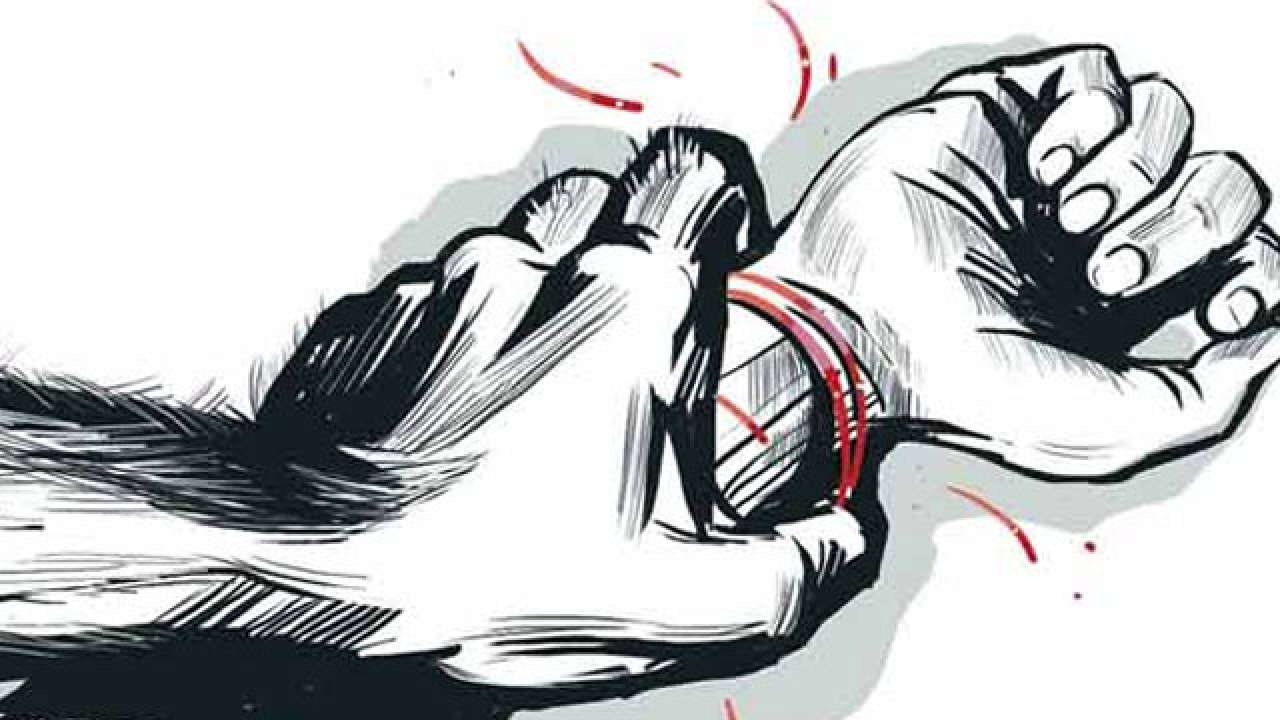Marital rape though not penal is a form of cruelty & a good ground to grant divorce : Kerala High Court

In a recent judgment holding that marital rape is a ground for divorce, the Kerala High Court has observed that, “treating wife's body as something owing to husband and committing sexual act against her will is nothing but marital rape.”
“An insatiable urge for wealth and sex of a husband had driven a woman to distress. In desperation for obtaining a divorce, she has forsaken and abandoned all her monetary claims. On a day-to-day basis, we see many like her. Her whimper touches our conscience. We shall advert to this enigma while concluding this judgment.” - briefed Bench before pronouncing the Judgment
The Division Bench of Justice A. Muhamed Mustaque and Justice Kauser Edappagath while dismissing husband’s appeal against family court allowing his wife’s plea for divorce observed that,
“Merely for the reason that the law does not recognise marital rape under penal law, it does not inhibit the court from recognizing the same as a form of cruelty to grant divorce. We, therefore, are of the view that marital rape is a good ground to claim divorce.”
Factual Matrix –
The present appeals arose from a common judgment where a petition was allowed for divorce on the ground of cruelty and another dismissed for restitution of conjugal rights. The appellant here is the husband.
The appellant was engaged in the real estate business and construction. However, the real estate business was not a smooth run for the appellant. He never succeeded in the business. A case of cruelty was put forward by the respondent (Wife) on constant harassment and demand for money. The respondent also stated sexual perversion and physical harassment as a part of the cruelty.
There was a pending petition for divorce filed by the respondent, subsequently the appellant filed a petition for restitution of conjugal rights. Both the cases were tried together and a common judgment was pronounced on 24/10/2014.
Observations by Family Court –
- The appellant was treating the respondent as a money-minting machine.
- Respondent tolerated harassment for the sake of marriage, and the respondent had chosen to file a petition for divorce when harassment and cruelty reached a level beyond toleration.
- The complaints made by the father of the appellant before the police narrating harassment (he had approached the police with complaints against the appellant and his brother for loan liability, complaints were filed for protection) meted out to him as well as to the respondent.
- Court believed the oral testimony of the respondent in regard to sexual perversity.
- The oral testimony of the respondent trustworthy and unshaken during the cross-examination.
- Unsubstantiated imputation of the illicit relationship of the respondent with the caretaker and driver would also amount to cruelty.
Taking into the factual matrix of the present case the Bench observed that,
“The Court, while evaluating the conduct of a spouse in matrimonial proceedings assumes its role as that of prudent man's analysing of the human behaviour. The 'cruelty' reflects the character of a person. The Court, therefore, is required to adopt social semiotic approach to analyse the conduct in given situation.”
The Bench noted that the physical cruelty and mental cruelty meted out to the respondent have been narrated succinctly in the oral testimony given by her.
“The respondent has deposed that even during her pregnancy, the appellant abused her. She also deposed that the appellant committed forceful sex when she was sick and bedridden. She also deposed that she was subjected to the worst form of sexual perversion and unnatural sex against her will,” Bench observed further.
The Bench clarified that the allegation regarding cruelty forced against her won’t be disbelieved.
The Bench further relied upon the Apex Court judgment in Samar Ghosh V. Jaya Ghosh,(2007) where reliance was placed on Halsbury's Laws of England and American jurisprudence where the Apex Court has laid down parameters to evaluate constituent elements for mental cruelty on the facts and circumstances of each case.
On Marital rape the Bench made the following observations –
- Marital rape is alien to our penal jurisprudence. 'Marital rape' is defined in Black's Law Dictionary 8th Edition as “a husband's sexual intercourse with his wife by force or without her consent”
- In modern social jurisprudence, spouses in marriage are treated as equal partners and husband cannot claim any superior right over wife either with respect to her body or with reference to individual status.
- Marital privacy is intimately and intrinsically connected to individual autonomy and any intrusion, physically or otherwise into such space would diminish privacy. This essentially would constitute cruelty.
The bench thus added, “The insatiable urge for wealth and sex of the husband had forced the respondent to take a decision for divorce. The appellant's licentious and profligate conduct cannot be considered as part of normal conjugal life. Therefore, we have no difficulty in holding that insatiable urge for wealth and sex of a spouse would also amount to cruelty.”
